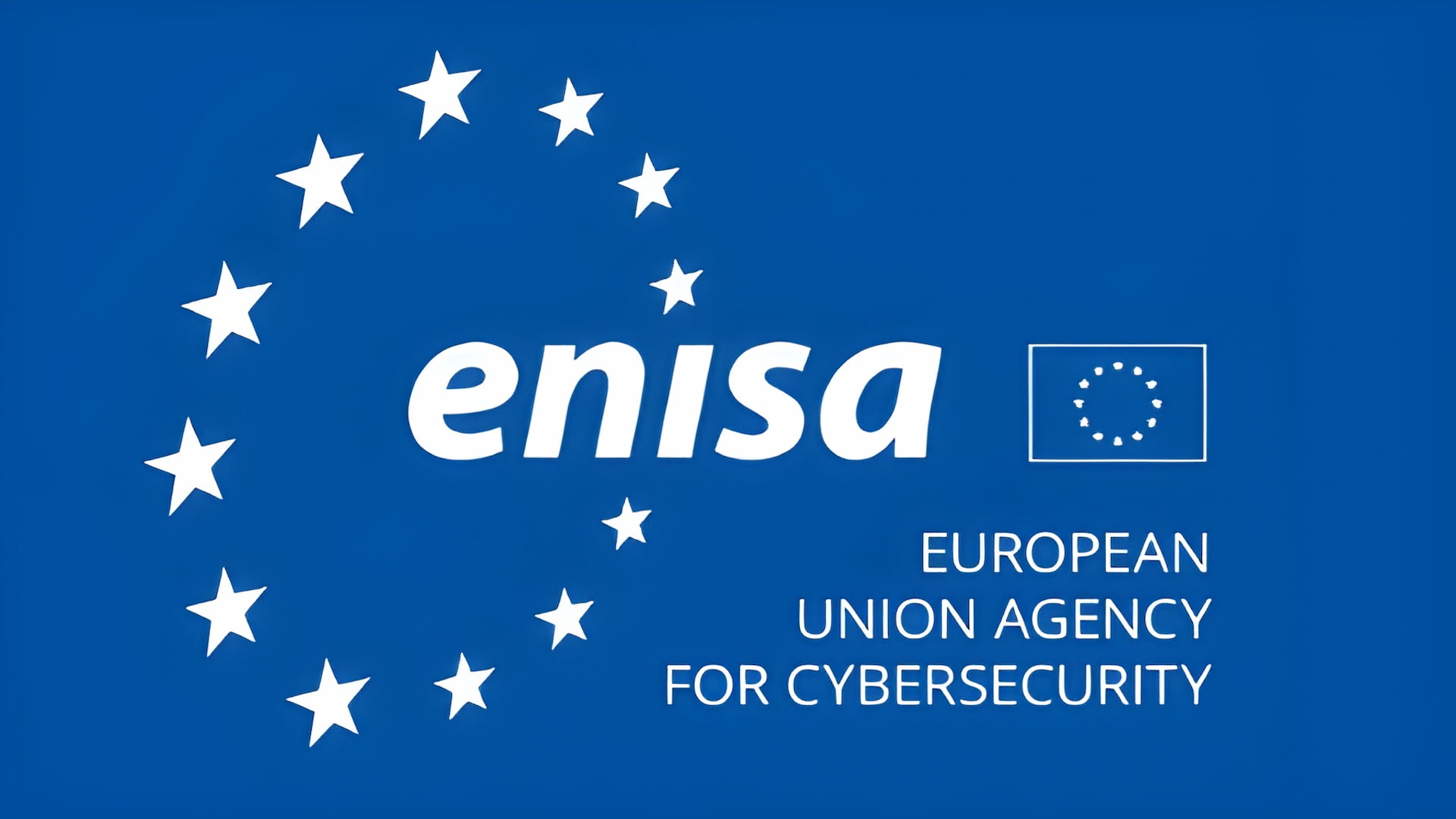OpenAI is preparing to build a significant new data centre in India as part of its Stargate AI infrastructure initiative. The move will expand the company’s presence in Asia and strengthen its operations in its second-largest market by user base.
OpenAI has already registered as a legal entity in India and begun assembling a local team.
The company plans to open its first office in New Delhi later this year. Details regarding the exact location and timeline of the proposed data centre remain unclear, though CEO Sam Altman may provide further information during his upcoming visit to India.
The project represents a strategic step to support the company’s growing regional AI ambitions.
OpenAI’s Stargate initiative, announced by US President Donald Trump in January, involves private sector investment of up to $500 billion for AI infrastructure, backed by SoftBank, OpenAI, and Oracle.
The initiative seeks to develop large-scale AI capabilities across major markets worldwide, with the India data centre potentially playing a key role in the efforts.
The expansion highlights OpenAI’s focus on scaling its AI infrastructure while meeting regional demand. The company intends to strengthen operational efficiency, improve service reliability, and support its long-term growth in Asia by establishing local offices and a significant data centre.
Would you like to learn more about AI, tech and digital diplomacy? If so, ask our Diplo chatbot!










